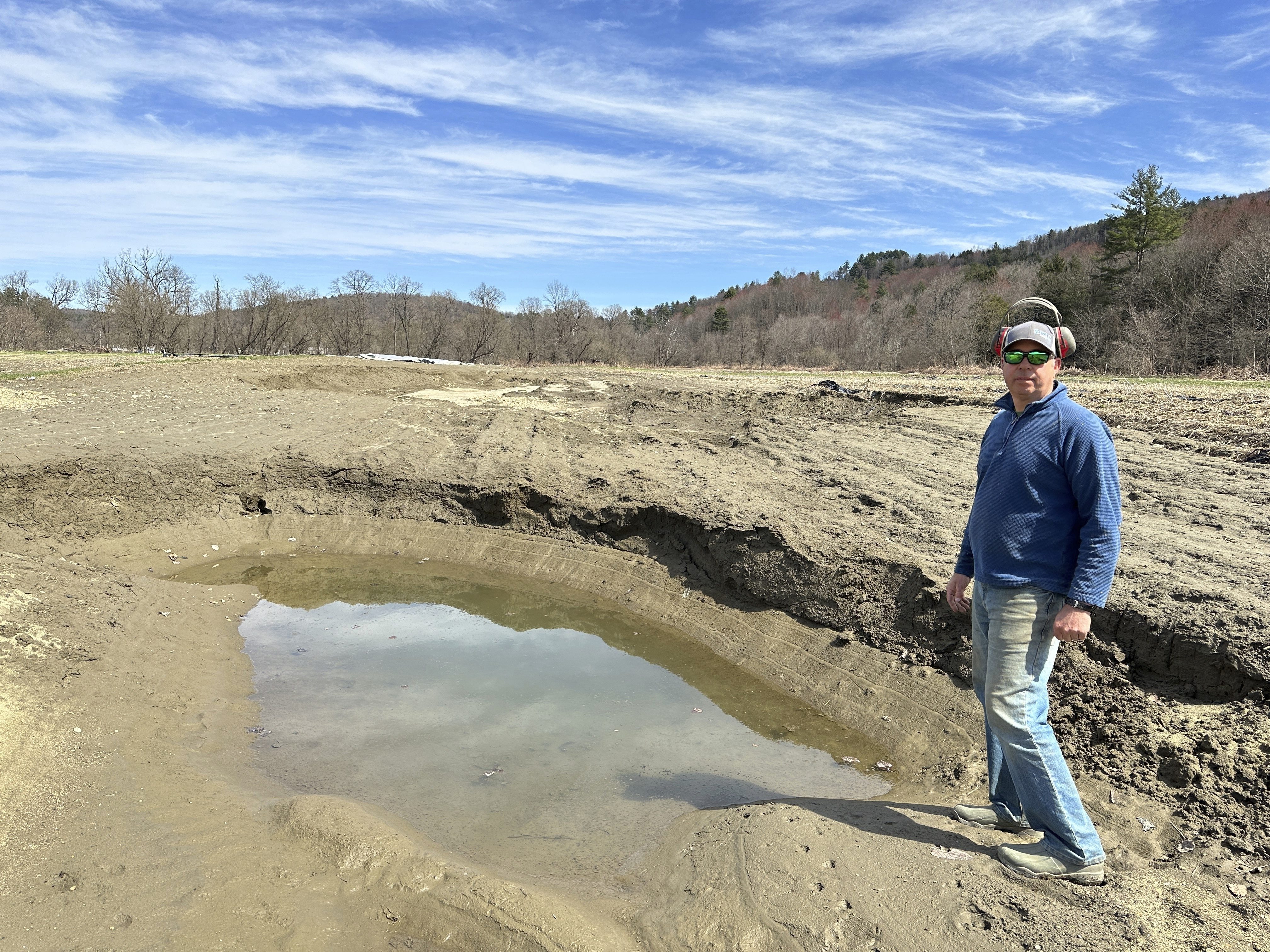A proposal in Vermont would lower the legal limit for drivers’ blood alcohol content.
“I want to save lives,” said Sen. Andrew Perchlik, D/P-Washington County, who filed a bill in the Vermont Senate that would lower the level considered too drunk to drive.
Perchlik is proposing lowering his state’s blood alcohol content limit from .08% to .05% for most drivers. Only Utah’s is that low today, according to the website FindLaw.
That site provides a list of state “per se” laws. Those set the standard levels where a driver is considered intoxicated.
While the list shows a .08% BAC is the per se level in 49 states, in certain cases—such as those involving drivers of large commercial vehicles or of underage drivers—the rules vary from state to state.
“The scientists are telling us .05 is where impairment is really a serious issue,” Perchlik said, referring to most forms of daily driving.
The idea has the backing of groups like Mothers Against Drunk Driving and the National Transportation Safety Board, according to statements on their respective websites.
Vermont
The latest news from around the state
Perchlik’s colleague, Sen. Debbie Ingram, D-Chittenden County, also supports the bill.
In 2017, Ingram pled guilty to driving drunk, following an incident that did not lead to any injuries.
“I tried to take responsibility for what I did, and I want to learn from that and help other people—and, you know, really try to make our roads safer for everyone,” Ingram told NECN and NBC10 Boston Thursday.
The American Beverage Institute voiced strong opposition to the bill in a statement issued this week, expressing concern that some Vermonters would be limited to consuming just a single drink while dining out or spending time with friends.
“According to the latest federal government data, drivers with BACs of 0.15 and above—a level that is triple the proposed arrest limit—are responsible for over 76% of alcohol-related traffic fatalities in Vermont,” the American Beverage Institute argued in the written statement. “These are the criminals that need to be targeted with the full force of the law. Not responsible consumers who enjoy a drink or two over dinner.”
The statement went on to call for enforcement of effective policies, not what the group called “feel-good legislation” it believes will do little to increase road safety.
Vermont is well known around the nation for excellence in producing craft beer and spirits. Customers of some of those products appear divided on changing the state’s BAC.
“I would support lowering the blood alcohol content, so it’s less likely drunk drivers would be out on the road,” said Jim Verret, who was shopping in downtown Montpelier Thursday.
“No matter what, people are still going to drive,” predicted Bob Harris, whom NECN and NBC10 Boston approached on Main Street in Montpelier to ask about the proposal. “It’s not like they can catch every single drunk driver.”
Amanda Lamb, who was also running errands in Montpelier, said personal responsibility should be emphasized. She expressed concern over potential impacts from a BAC change to restaurants, bars, breweries, and other small businesses.
“It wouldn’t be outrageously beneficial for me,” Lamb said. “I’m in the service industry.”
The way the bill is written, no change could come until two out of three of Vermont’s neighbors—New York, Massachusetts, and New Hampshire—also lower their limits.
And with the head of the Vermont Senate Judiciary Committee, Sen. Dick Sears, D-Bennington County, saying his committee’s priorities for the session include criminal justice reforms and bail laws, DUI charges may have a hard time competing for attention.
Perchlik said international travelers may have noticed other places have lowered the levels where people would be considered intoxicated.
“If you look internationally, many, many nations have moved to this,” the lawmaker argued.



